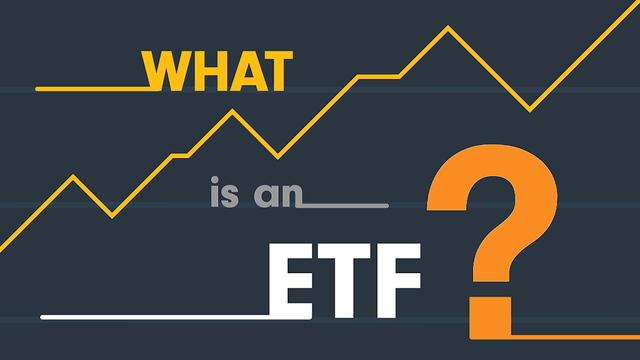What is an ETF? Exchange traded funds are exactly what their names indicate. They are funds that can be traded on an exchange.
As a fund, the ETF security usually tries to passively reflect the performance of an index, a commodity or a customized basket of assets, similar to traditional index mutual funds. However, the number of actively managed ETFs is growing.
Unlike traditional funds, the ETF can be traded on an exchange like other common stocks. Accordingly, the ETF will show price changes throughout a trading day.
For instance, the largest ETF, SPDR S&P 500 (NYSEArca: SPY), passively reflects the performance of the S&P 500.
Since ETFs are designed to track the price movements of an underlying, benchmark Index, the investment is considered passively managed, which also helps reduce management costs.
One of the greatest selling points of the ETF product is their low cost. The average expense ratios on most ETFs are lower than the average mutual fund.
While trading an ETF, investors will enjoy the diversification qualities that come with traditional index funds, coupled with the trading options found in individual stocks.
The opinions and forecasts expressed herein are solely those of Tom Lydon, and may not actually come to pass. Information on this site should not be used or construed as an offer to sell, a solicitation of an offer to buy, or a recommendation for any product.
